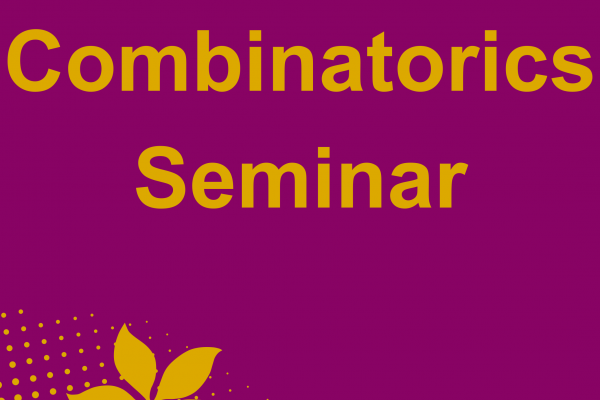
Title: A Berry-Esseen Theorem for Inhomogeneous Markov Chains with Transition Densities
Speaker: Yeor Hafouta - The Ohio State University
Abstract: The central limit theorem (CLT) for inhomogeneous Markov chains was proved for the first time by Dobrushin in 1956, and since then there were several extensions, under various conditions. In the talk I will discuss an optimal convergence rate (a "Berry-Esseen theorem") in such CLT's when the chain is generated by certain transition densities. The proof of Dobrushin relied on certain contraction properties of the underlying transition operators (together with Bernstein's block method). In 2005 Sethuraman and Varadhan proved a more general version of Dobrushin's result using martingale approximations, and in 2012 M. Peligrad also used martingales to prove such a CLT, but under weaker (contraction) conditions, while some other authors used mixing properties of such chains. All of these methods do not yield an optimal convergence rate, and our results rely on relatively new theory of contraction properties of complex projective metrics. The talk is based on a joint work with Yuri Kifer.
